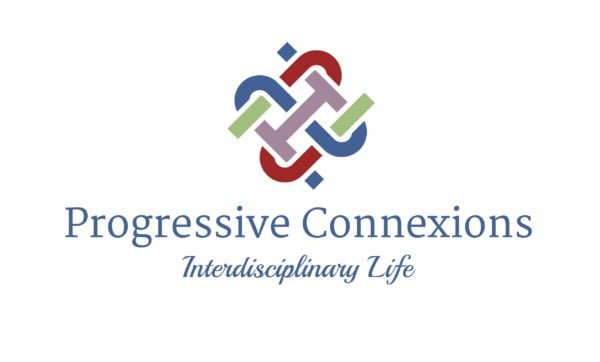Pop Cultures: Cultural and Creative Industries, Concepts and Problems | A Global Inclusive Interdisciplinary Conference
Event Details
The concept of pop—or popular—culture is slippery and oddly illusory. We might think we understand it and know what it is even if we can’t quite define it,
Event Details
The concept of pop—or popular—culture is slippery and oddly illusory. We might think we understand it and know what it is even if we can’t quite define it, but due to the fact that it is a contemporary phenomenon in full swing and related to popular and everyday activities, its meaning, production and circulation flows are quite complex. Part of what holds society together, pop culture works in large part through various forms of media to disseminate normative modes of behaviour and thought, introduces new and innovative ideas, offers inclusivity and an easily generated in-group mechanism, and can often serve as a belief system upon which to hang one’s values.
Ultimately, pop culture serves as a regulating force within a cultural group as well as a glue for keeping that group cohesive. It can be seen working in ways both large and small, from the use of favorite quotes or the wearing of articles of clothing from popular visual media to the participation in new forms of dance or music, the visiting of various kinds of clubs or other establishments, an awareness of the current and most ‘cool’ car, and more.
Undoubtedly, media of all kinds as well as academic knowledge production are part of pop culture. However, where this might seem obvious, what about small, everyday tasks? How does a collective mechanism work differently depending on the scale in which it functions? And what are the conceptual perceptions of pop culture in each of these dimensions?
Fleet Admiral Gial Ackbar, a fictional character in the Star Wars franchise, is one striking example of pop culture. His line “It’s a Trap!” in “The Return of the Jedi” (Lucasfilm, 1983) is one of the most famous and beloved quotes in the original franchise trilogy, becoming a popular internet meme and a way to elucidate how ubiquitous pop culture references are in our society. Similarly, the phrase “Run away!” from Monty Python and the Holy Grail offers a similar example. The opening song for Gilligan’s Island, a popular television show in the US from the 1970s carries resonance for those who remember it fondly and who might sing the refrain “a three hour tour” over and over again, and recently Kate Bush’s song “Running up that Hill” reached its highest point on the charts forty years after its release because of its use in a popular Netflix show.
Media such as TV and streaming platforms of all kinds, social media and digital platforms, podcasts, cinema, the press and others are all cultural products that form the vast universe that is pop culture. Furthermore, various fan practices and fandoms around the world construct meaning and have disputes around their favourite artists and franchises, dress as their favorite characters at conventions, and debate the imagined outcome of impossible physical competitions between fictional heroes. Is there anything more ‘popular culture’ than a discussion about who would win a fight between Captain America and Eleven, or about whether Sailor Moon would be a good companion for Doctor Who? If you’re part of the in-groups, you’ll know those references. If you aren’t, you’ll look them and the in-groups will have expanded. This is the power of popular culture.
Research and analysis around pop culture includes cultural studies, adaptation studies, media studies, political economy, business and many more and the field is growing in the last few years with specialized publications and events.
In this conference we hope to begin a conversation about pop culture practices, products, and meanings, along with discussions about their consumption and circulation. From some perspectives, pop culture may seem to have its roots in Anglo-European and American perspectives but this is merely a subject position issue. Popular culture as a category occurs around the world and helps each country, and subsets within them, form their sense of identity. The scope of the Project therefore includes examinations of pop culture and its effects from around the world, both from marginalised local perspectives within Anglo-European and American pop culture, and from other pop culture milieus worldwide. We are also interested in work that examines Anglo-European and American pop culture from a transnational perspective.
Organizer
Time
18 (Saturday) 8:00 am - 19 (Sunday) 6:00 pm
Location
Prague 2023
Štěpánská 645/33, 110 00 Nové Město, Czechia

